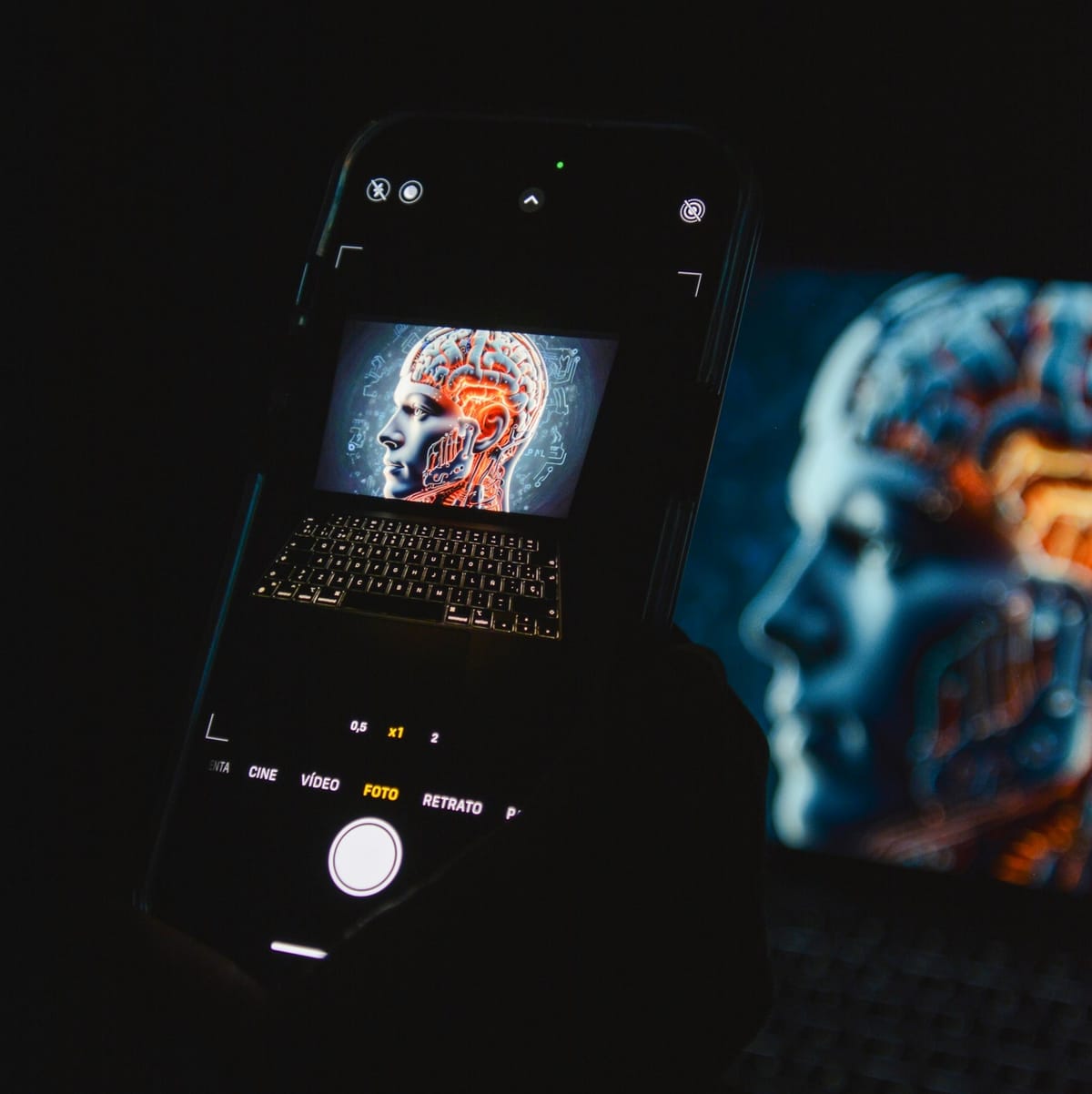The Talent Clone Dilemma: Will AI Make You Redundant—Or Replicable?
AI can replicate human talent—but does that mean you’re replaceable? Explore the talent clone dilemma and how to stay ahead in the age of mimicry.

What happens when your unique skills… aren’t so unique anymore?
From voice artists and software engineers to legal researchers and designers, professionals across industries are confronting a stark question:
Is AI replacing me — or just learning to do what I do, faster and cheaper?
Welcome to the talent clone dilemma, where the line between human mastery and machine mimicry is blurring fast — and the implications reach far beyond automation.
AI Doesn’t Replace Talent — It Replicates It
Modern AI systems don’t create skills from scratch. They learn from us — our data, styles, workflows, and patterns. Generative AI models like GPT-4o, Midjourney, and Synthesia are trained on oceans of human output. The result?
Machines that can:
- Draft legal contracts
- Imitate celebrity voices
- Code in multiple languages
- Mimic writing styles, designs, and customer support tones
In many fields, AI doesn’t eliminate jobs directly — it erodes the value of individual talent by mass-producing its likeness.
From Skillset to Dataset
Here’s the twist: the better you are, the more valuable your output becomes as training material.
That means top-tier professionals are more likely to be replicated, not replaced.
This raises key concerns:
- 🔁 Consent and compensation: Was your work used to train AI without your knowledge?
- 🧠 Talent commoditization: When AI mimics you, how do you prove value beyond the output?
- 💼 Hiring paradox: Why hire one when you can fine-tune a model on thousands?
The power dynamic shifts: your creativity becomes an asset to train a system, not to hire a person.
Replicable ≠ Replaceable (Yet)
Still, being replicated isn’t the same as being replaced. Human strengths remain:
- Contextual reasoning
- Emotional intelligence
- Real-time judgment
- Ethics and accountability
And while AI may clone styles, it struggles to invent new ones. Innovation still requires humans who can break the mold — not just follow the pattern.
Conclusion: Time to Future-Proof Yourself
In the age of talent cloning, survival isn’t about resisting AI — it’s about doing what it can’t (yet).
That means:
- Building a personal brand that AI can’t copy
- Doubling down on strategic thinking and leadership
- Embracing tools that augment, not replace, your workflow
The talent clone dilemma isn’t just about being made redundant — it’s about making yourself indispensable in new ways.


